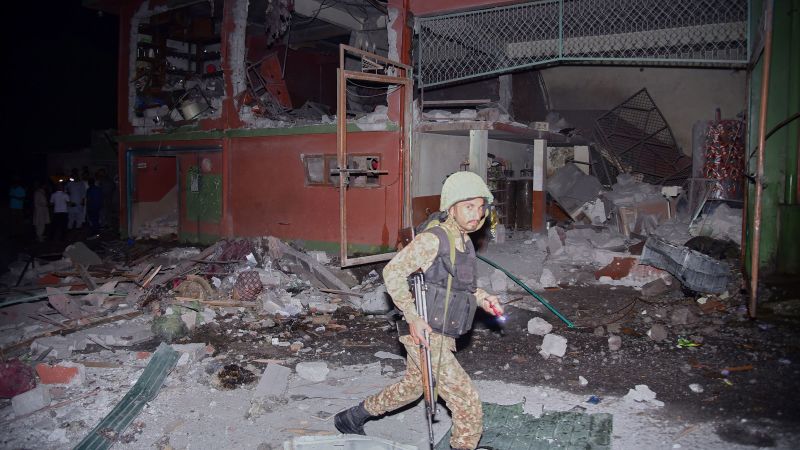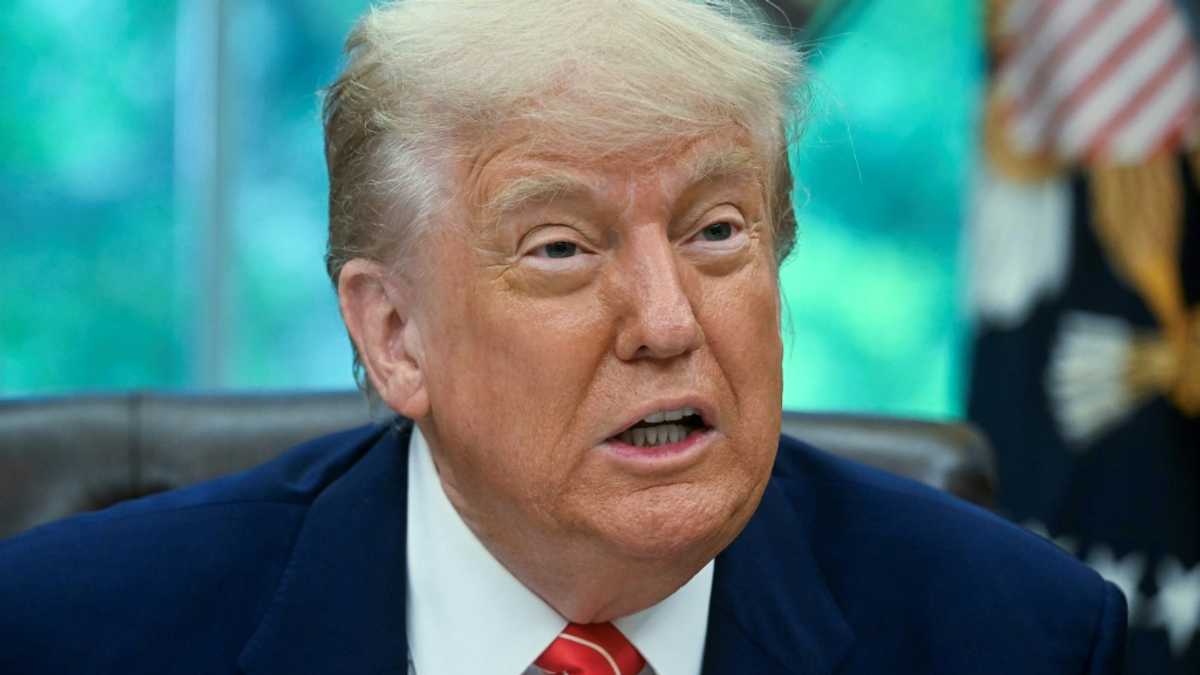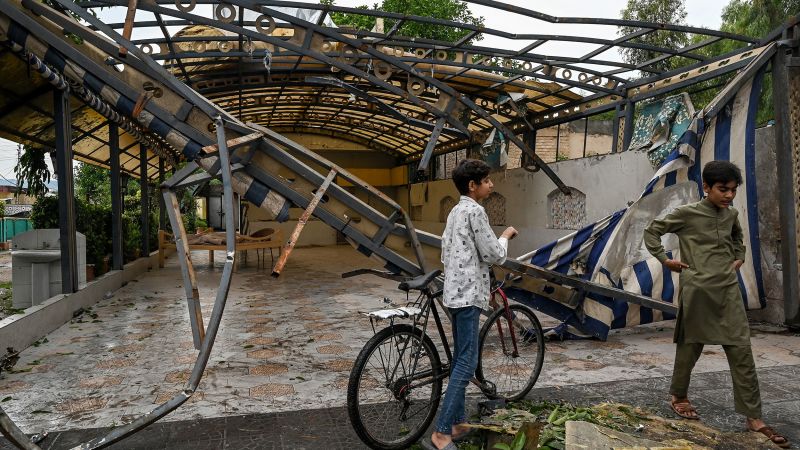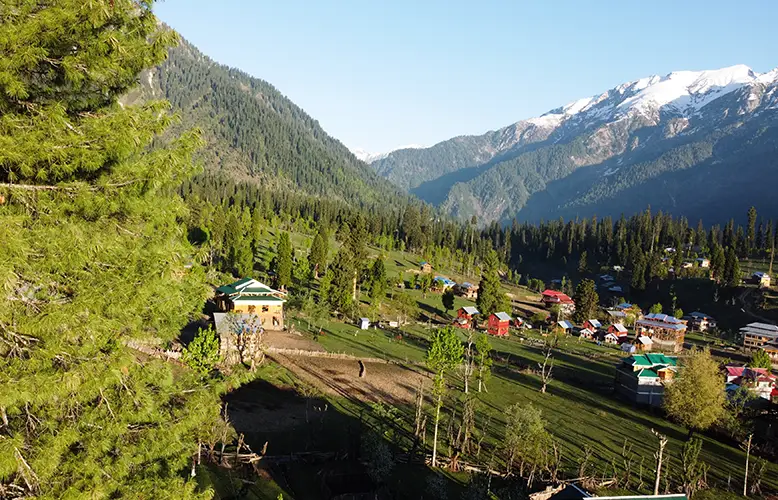India's 'Operation Sindoor' Strikes in Pakistan

In response to the massacre of 26 people, mostly Indian tourists, in the India-administered part of Kashmir, India launched military strikes on Pakistan, codenamed "Operation Sindoor". Pakistan claimed it shot down five Indian Air Force jets, escalating tensions between the two nations. The operation targeted "terrorist infrastructure" in Pakistan and Pakistan-administered Kashmir, with Indian officials claiming nine sites were targeted without hitting civilian, economic, or military sites. Pakistan, however, stated that civilians were killed and mosques were hit. The strikes have been described as the deepest India has struck inside Pakistan since 1971. Politicians across party lines lauded the strikes, posting patriotic slogans on social media.
Operation Sindoor involved a tri-services deployment of air, naval, and land-based assets and utilized air-launched SCALP cruise missiles, HAMMER precision-guided bombs, and loitering munitions. The operation struck nine locations across Pakistan and Pakistan-occupied Kashmir. These included Muzaffarabad, Kotli, Bahawalpur, Rawalakot, Chakswari, Bhimber, Neelum Valley, Jhelum, and Chakwal. The total number of missile strikes stood at 24. According to government sources, Indian intelligence combined satellite imagery, human sources, and intercepted communications to establish the use of specific compounds by groups such as Jaish-e-Mohammad (JeM) and Lashkar-e-Taiba (LeT).
The targets included Markaz Subhan Allah at Bahawalpur, Sarjal at Tehra Kalan, Markaz Abbas in Kotli, and Syedna Bilal camp in Muzaffarabad (all of the banned Jaish-e-Mohammed terror group). Other sites targeted were Markaz Taiba, Muridke; Mehmoona Joya, Sialkot; Markaz Ahle Hadith, Barnala; Maskar Raheel Shahid, Kotli; and Shawai Nalla Camp, Muzaffarabad. Over 70 militants were reported killed, and more than 60 others were injured during the coordinated assault. The operation has been described as technologically robust, expansive, and unlike any mission India has ever carried out, representing a departure from prior doctrine.
The role of the Pakistani army in supporting terrorists was highlighted, with evidence suggesting logistical support, safe havens, training, and financial backing provided to terrorist groups operating in Pakistan-Occupied Kashmir (PoK) and Punjab province. India has sought to expose the duality of the Pakistan Army, presenting itself as a responsible actor while covertly nurturing violent non-State actors. Intelligence dossiers outlining the links between the Pakistan Army and the targeted groups were circulated to major powers to bolster India's diplomatic case.
The strikes have disrupted flights, with Pakistan closing parts of its airspace. Multiple major international airlines are avoiding flying over Pakistan, while several Indian airlines have reported disrupted flights and closed airports in the country’s north. The strikes have raised global alarm and pleas for de-escalation, with the United Nations and various countries calling for restraint. Bollywood actors and politicians also praised the Indian army's operation on social media, sharing messages of support.











